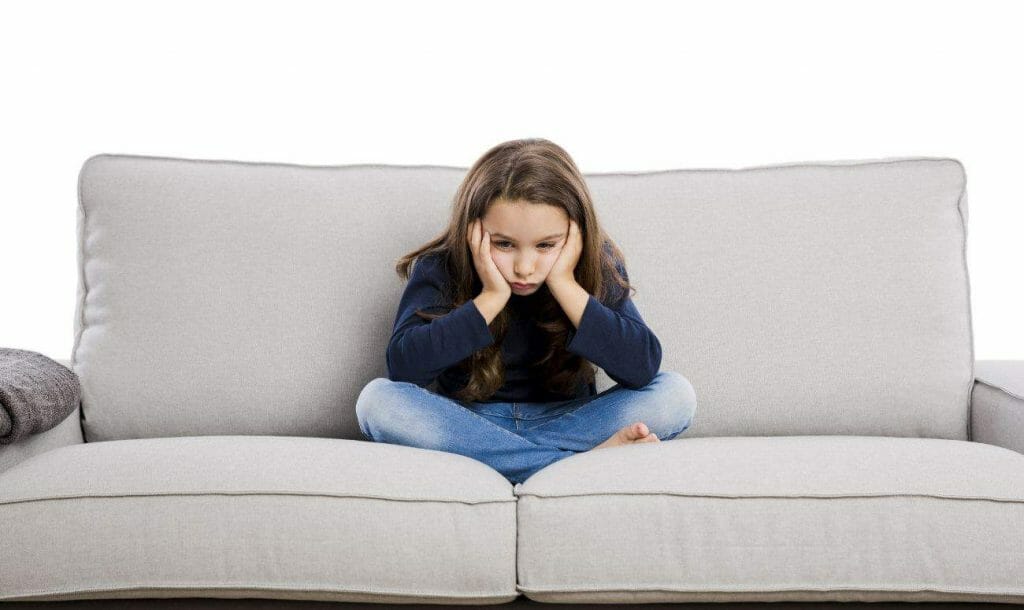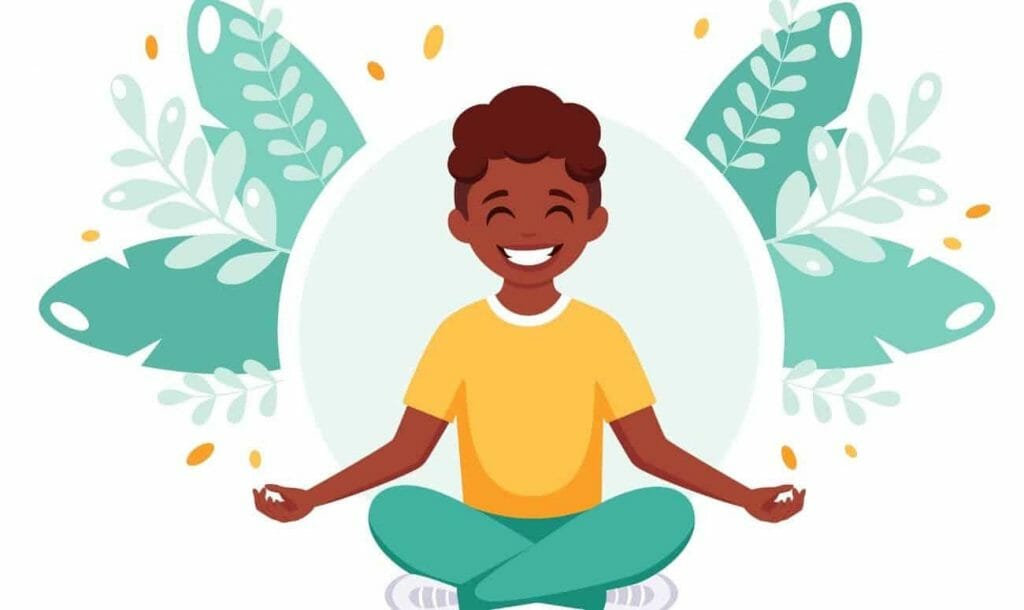Unknown to the terms and conditions of mental issues, kids find it difficult to express what’s troubling them. As a parent, teacher, or paediatrician, it’s imperative that you watch out for these signs of mental disorders in children, and take steps to get care for the child. This list of symptoms was formulated by Peter Jensen, who led a research group at Mayo Clinic.
The list separates warning signs of illness from typical behavioural changes like moodiness, anger, irritability, and defiance. The study accounts for parameters like the duration of the behaviour, whether it impacts that kid’s functioning, and if their behaviour affects the people around them.
How does a mental illness affect a kid?

In these primitive years, poor mental health affects the way a child thinks, behaves, and regulates his/her feelings. They are generally associated with disruptions in developing age-appropriate thinking, social skills, regulation of emotions, and behaviour. This affects their ability to function properly, be it at home, school, or in any other setting.
What are the most common disorders among children?
Anxiety disorders
Persistent feelings of fear, worry, and stress. The kid finds it difficult to participate in activities at school and in other settings.
Attention-deficit/hyperactivity disorder (ADHD)
They face difficulty in concentrating, are hyperactive and impulsive, as compared to other children of their age.
Autism spectrum disorder (ASD)
A neurological condition that exhibits symptoms before the age of three, where the kid has trouble communicating with others.
Eating disorders
Flawed thoughts about weight and weight loss, leading to unsafe eating habits, that cause emotional dysfunctions and health complications.
Depression and mood disorders
A persistent feeling of sadness, and loss of interest, is indicative of depression. Whereas extreme mood swings are suggestive of a bipolar disorder.
Post-traumatic stress disorder (PTSD)
Kids who have faced previous trauma, abuse, or injury, might exhibit prolonged emotional distress, nightmares, or anxiety.
Schizophrenia
Mostly appearing in the late teens, it’s a disorder in thoughts that causes a person to lose touch with reality, resulting in hallucinations, delusions, and disordered thinking and behaviour.
Below are the warning signs that every caretaker should look out for.
- A kid is acting distant and feeling very sad for two or more weeks.
- Trying to self-harm or talks about doing so.
- Overwhelmed with fear or anxiety for no apparent reason. It is often accompanied by a racing heartbeat and breathing.
- Extreme, or out-of-control behaviour, that is affecting them and others around them.
- Eating poorly or purposely throwing up after eating.
- Irrational and intensive fears getting in the way of daily activities.
- Finds it extremely difficult to concentrate and stay still.
- Severe and sudden mood swings.
- Avoids any kind of social interaction and acts withdrawn.
- Drastic changes in personality or behaviour.
How are mental health disorders treated in children?
If you notice any of the above signs, the first thing you must do is consult your child’s doctor. Describe to them in detail the changes you have noticed. Talk to your child’s teacher, close friends, or caregivers to see if they too have noticed these changes.
After the doctor confirms the diagnosis, there are two treatment options available.

Psychotherapy
It is a way to address mental health concerns by talking with a psychologist. For children, psychotherapy involves talking and playing games. They learn how to talk about their feelings, how to rationalise them and learn better coping skills.
Medication
Your child’s doctor might also recommend medication, it can be a stimulant, antidepressant, anti-anxiety medications, mood stabilisers, or antipsychotic pills.
How can you help your child cope?
Parents are the primary supports for their children. The kid requires special care, and it’s your love and care that will help them in every way.
These tips will help you take care of them and yourself.
- Educate yourself about the illness.
- Ask the therapist about ways to respond to your kid and handle difficult behaviour.
- Manage your stress levels with mindfulness techniques, they help you respond in a calm way.
- Don’t make everything about their illness, find ways to have fun with them.
- Let them know they are bigger than their illness. Be there for them.
- Praise their strengths.
You and your child can together overcome the illness, nothing is permanent. Allow them to be themselves, relish their childhood, and slowly with time, the illness will be a thing of the past.
Read more: Meet The Real Heroes Behind The Movie Bhuj: The Pride Of India
Like & Follow ThinkRight.me on Facebook, Instagram, Twitter, and Telegram to stay connected.






























